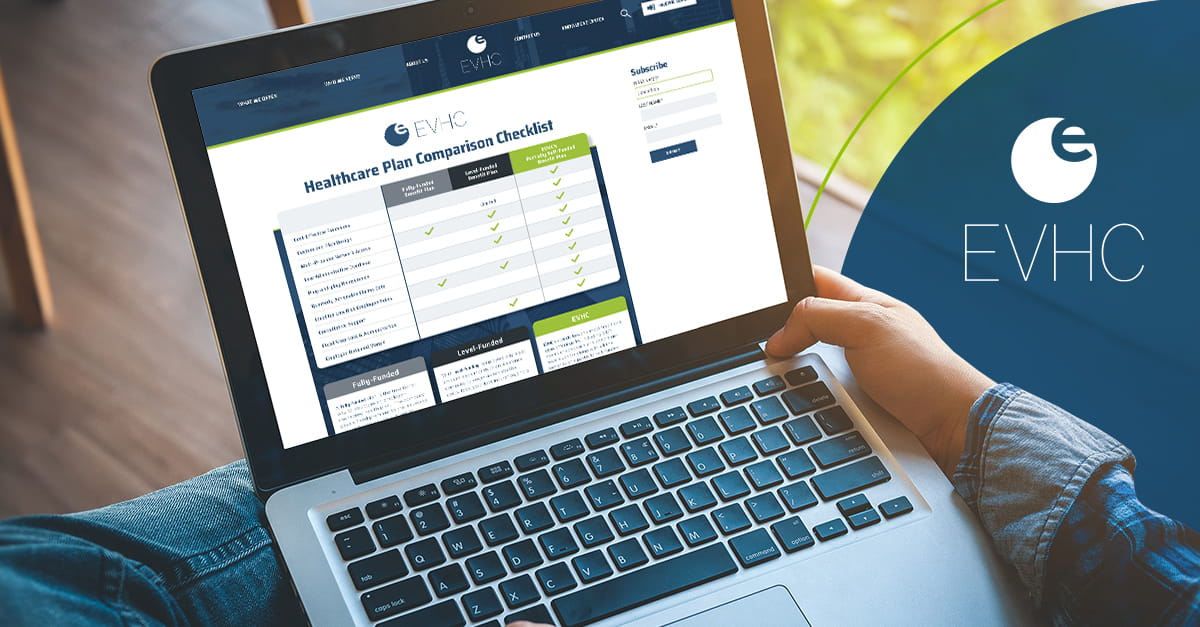
Generally, you will see human resources and finance as two separate departments of a company, but at times there are certain tasks that are integrated to track all company expenses and information, like employee payroll, benefits, and position type.
One of the largest responsibilities of the Human Resources (HR) Director at your company is the insurance and benefits of the company and employees alike. While HR does not always report directly to the CFO, there are expenses approved by Human Resources that need to be reported to Finance to have all the details of your company finances tracked properly. Here are 3 types of expenses and information that every HR Director needs to organize and effectively present to their C-level team:
Recruiting and staffing decisions are made and managed by HR. In turn, once a new employee is signed on with your company the payroll details are reported to the CFO. Considering the pay and benefit offers negotiated with new employees, as well as the implantation of employment contracts, it is important for your CFO to recognize the relation of the expense of one new employee in relation to the level of revenue that will develop from the work brought in.
In addition to payroll, there are the benefits offered to an employee, the percentage paid by the company and what level of health, dental and other insurance chosen by the employee. While the HR Director may not track all these costs, the detailed numbers need to be reported to your CFO to help Finance track and manage all costs. This will return to the HR Director in the long run if your CFO finds that reports are showing costs of certain insurance or other benefits too high in relation to your company’s size. The HR Director is then able to work directly with your independent insurance broker for self-funded or self-insurance options that provide savings along with improved coverage.
If you are managing the employee health benefits of your company, there is something to consider as the overall size of the business grows. Consistent presentation from the HR Director to your CFO regarding the most cost-effective benefit plans for the company and employees takes regular effort. With more employees, there is the ability to save more on the insurance you have purchased from your broker. It is important to ask your broker about self-insurance and self-funding options regularly to see what may be available to help reduce company costs.
There is plenty of overall personnel decisions made by HR that need to be reported to the CFO due to their economic role in the company overall. Whether it is more important to use temporary employees or contractors in certain situations, or if more permanent roles are needed then full-time employees are worth bringing on. These are items that the HR Director would be expected to report to the CFO (and likely the entire executive team) of your company to support their decisions that the most economically viable for the organization.
So, while there are many numbers to report to your CFO as the HR Director, management and tracking of those numbers are one thing that you can leave in the hands of the Finance Department. Just remember to build a relationship with your broker and don’t be afraid to ask them about your benefits options, such as self-insurance, especially if your CFO mentions a search for cost-saving on company and employee benefits.

